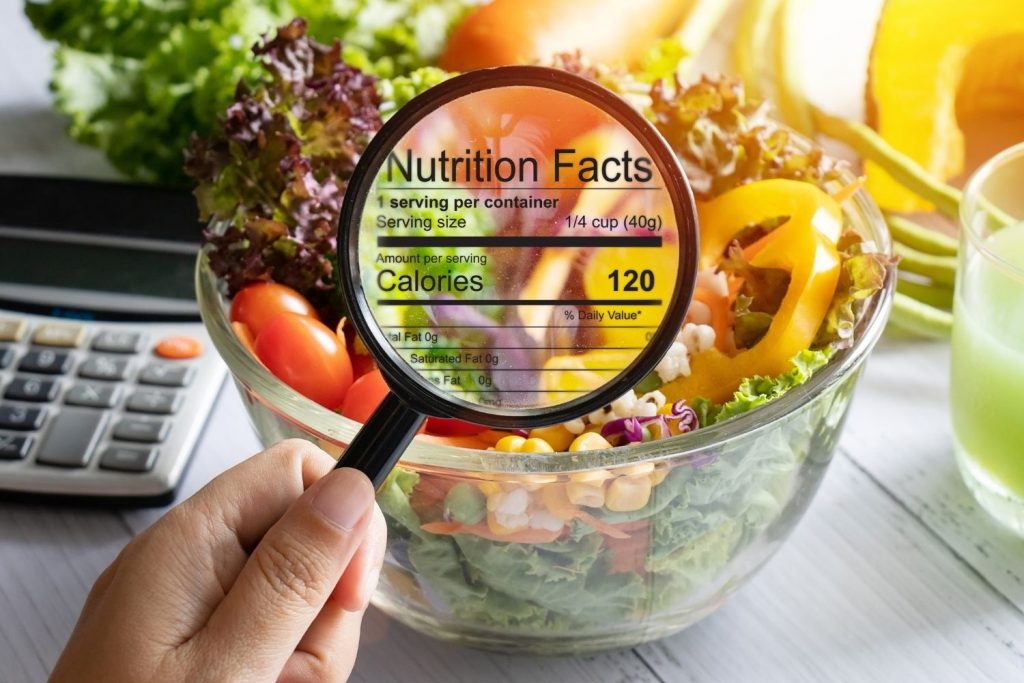First off, calorie counting does have its place in various dynamics for different goals, understanding of and an appropriate use of the approach.
–
For the most part, for general health and fitness management, it can be confusing, restricting and something that creates an unrealistic rigid psychological view point to the nutrition element of your health care plan.
–
Yes it is by some means an approach to ‘manage’ energy intake.
–
The caveat is, it’s only as effective as the knowledge surrounding nutrition, physiology, the link between them both and an understanding of how to still maintain elements (when needed) of flexibility.
–
Calorie counting for a novice can be massively misleading, the reasons being:
–
–
–
–
–
–
–
–
All of these factors combined, means that calorie counting can be as much as 25% over or less of the figure you think you are actually consuming. This means. Outside of a lab, we can’t know EXACTLY how many calories our bodies need use and absorb, how many calories are in our food and that using calorie counting as a method to manage your health and fitness as a novice can be time consuming, inaccurate and frustrating.
–
As always, by learning the fundamental principles and establishing a plan of how to implement that plan, will always serve you best in the long run.

